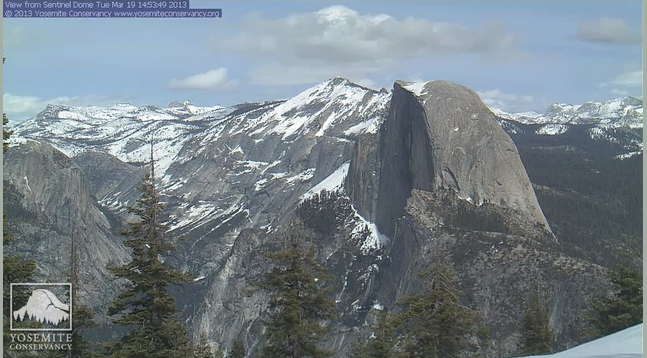2011, before the drought:
2012, at the same place, after one year of drought:
2013, at the same place, after two years of drought:
2014, at the same place, after three years of drought:
And 2015, at the same place, after four years of drought:
On its climate change impacts page, the U.S. Forest service states: "Here in our National Forests and Grasslands, these shifts include:
- More frequent wildfires that burn larger areas
- More severe problems with ... diseases threatening trees and crops
- Snowpack decline in mountainous regions ...
- Plant and animal ranges shifting northward ...
- Threatened watersheds ..., increased pest and fire severity, and shifts in ecosystem health."
There's a not-quite-new area of research out there related to the cultural dimension of climate change, and it's called cultural cognition. This is short for the cultural cognition of risk, and it seems to have started in 2010 at Yale with a programmatic paper by Kahan et al. on "The Cultural Cognition of Scientific Consensus". The opening sentence of this paper reads:
The abstract of another paper, by the same group, on "The Tragedy of the Risk-Perception Commons," explains the troubling rationale for cultural cognition research:Despite the steady and massive accumulation of scientific evidence, the American public is as divided about climate change today as it was ten years ago.
This explains the oddity of the skeptical friend mentioned in an earlier post. He teaches at a college of education; he has an advanced degree and keeps doing research; he is neither mentally disabled nor insane. Yet something is wrong with his brain. Strangely, he even sat through several lectures and workshops about the risks of climate change. Hence teaching more information alone won't do. And the analysis of the roots of the American Disenlightenment won't do the trick either.On the whole, the most scientifically literate subjects were slightly less likely, not more, to see climate change as a serious threat than the least scientifically literate ones. More importantly, greater scientific literacy were associated with greater cultural polarization: Respondents predisposed by their values to dismiss climate change evidence became more dismissive, and those predisposed by their values to credit such evidence more concerned, as science literacy increased.
But perhaps it would work to just take a look at a picture or five ...





No comments:
Post a Comment